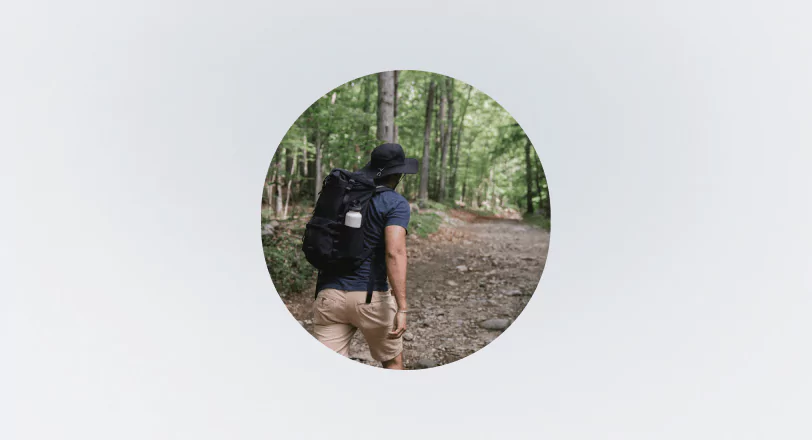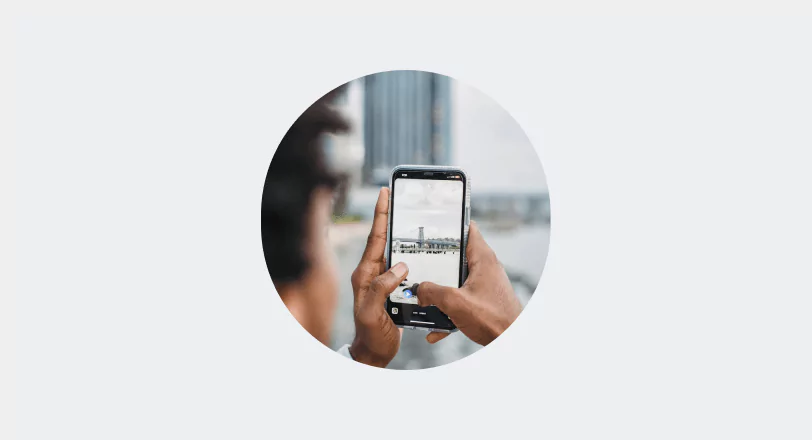You’ve tried posting on Instagram between bookings. Maybe you’ve dabbled with blogs or asked your niece to help with TikTok. But let’s be honest, your content strategy feels like an afterthought, and your tours aren’t getting the attention they deserve online.
At the same time, you have tour guides who are charismatic, full of stories, know your product inside and out, and already engage customers face-to-face every single day.
What if they weren’t just delivering great experiences in person, but helping sell them online too?
This might sound a bit out there at first. Turning your tour guides into content creators? But hear me out.
It’s one of the lowest-cost, highest-return marketing strategies a tour operator can use. And the best part is, you don’t need a fancy camera crew or a brand consultant to get started.
In this article, you’ll learn exactly how to turn your guides into natural content creators, what kind of content actually works, and how to do it without creating more chaos in your already packed schedule.
Why This Is a Game-Changer
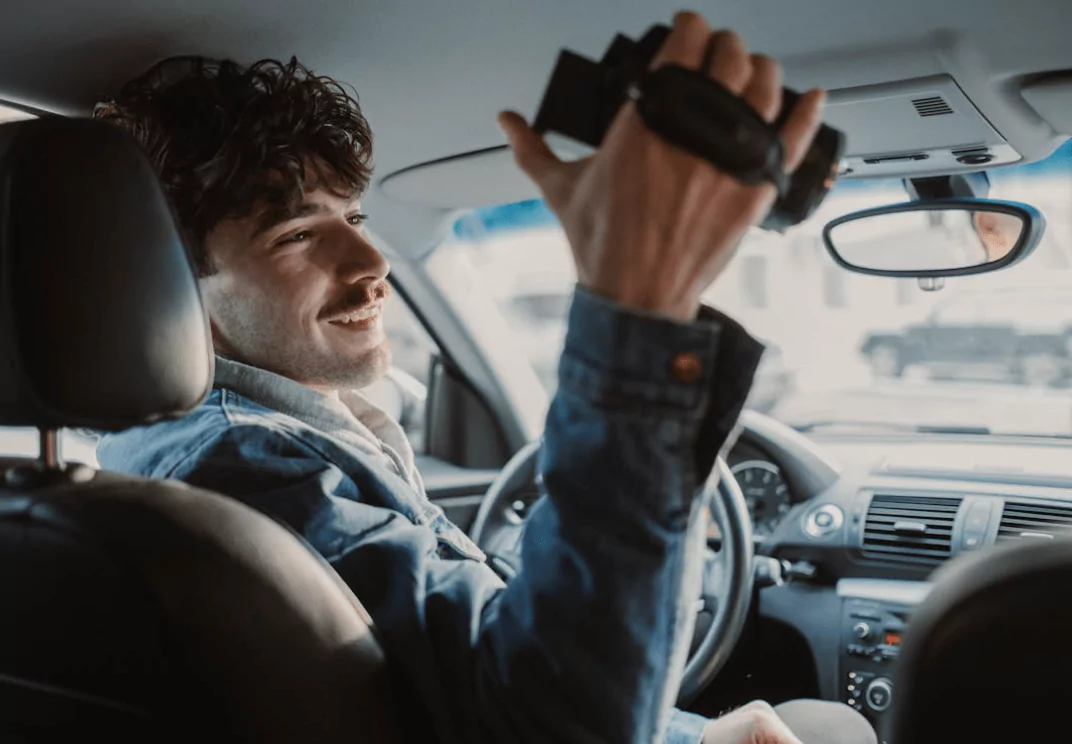
Your guides are your storytellers, entertainers, problem solvers, and culture carriers. They already know how to connect with people, explain complex things in simple ways, and create memorable experiences. That’s everything a good content creator does too.
When your guide shows up on video explaining a local legend, answering common guest questions, or sharing a moment from a tour, it instantly feels more real. That kind of authenticity is hard to fake and even harder to buy.
Let’s break down the benefits:
- Trust builds faster: Travelers are cautious about who they book with, especially in a sea of options. Seeing the actual guide who might lead their tour builds trust before the booking ever happens. People buy from people, not logos.
- You show, not just tell: A quick clip of a guide explaining how to paddle a kayak or what to pack for a day hike does more than any landing page ever could. It makes your experience tangible. It also answers questions before they’re even asked, which makes people more likely to book.
- It boosts your content reach: Platforms like Instagram, TikTok, and YouTube reward human-driven content. A smiling guide holding a camera is more likely to grab attention than a polished brand ad. Plus, it gives you a steady stream of content without needing to create it all yourself.
- It’s cost-effective: Hiring a content team or agency can be expensive. Your guides are already on location, interacting with your product, and know how to communicate. With a bit of structure and support, you can turn everyday moments into content gold.
This is about capturing real moments, answering real questions, and showing the personality behind your brand.
What Kind of Content Works Best
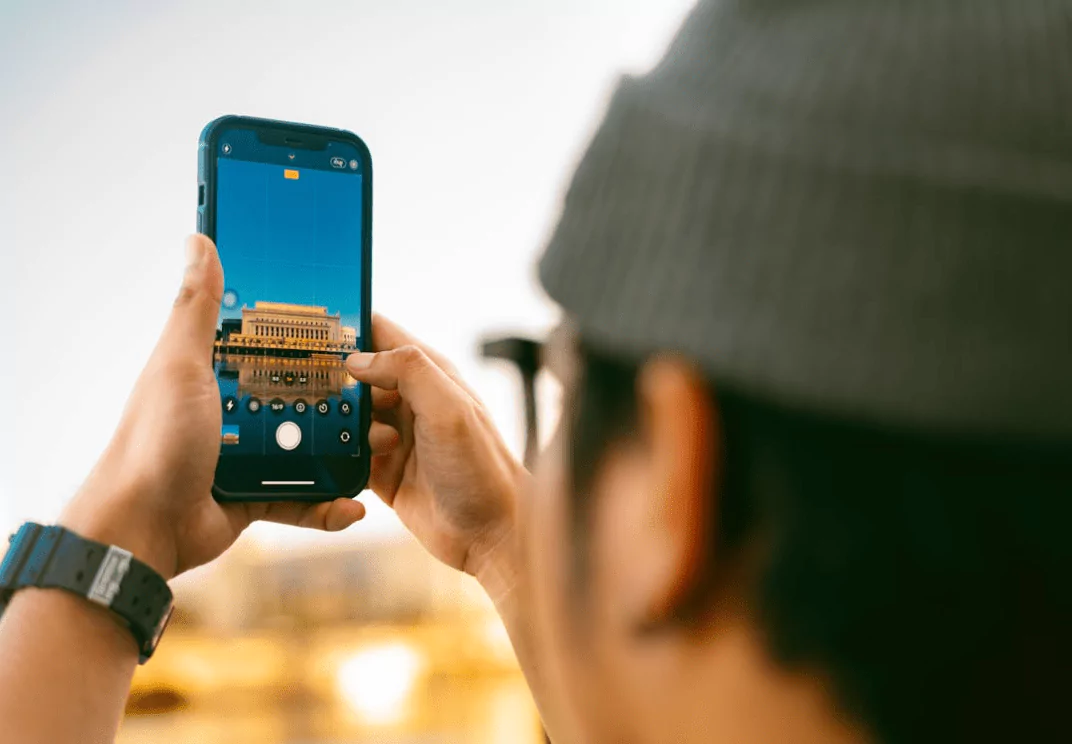
You don’t need viral videos or fancy edits to make this work. The best content is helpful, real, and personal. Think of it as extending the tour experience online. Here are a few formats that work especially well for guides:
- Quick Tips and How-Tos: Have your guide answer the questions they get asked all the time. What should I pack? What’s the best time of year to visit? What kind of shoes do I need? These are simple videos or posts that are incredibly useful to potential guests.
- Behind-the-Scenes Moments: Show what it’s like to prepare for a tour, how equipment gets cleaned, or what happens before the group arrives. These little insights humanize your brand and show the care you put into each experience.
- Mini Stories or Fun Facts: Your guides already know the best local legends, wildlife facts, or cultural quirks. Record them sharing those stories in their own words. These kinds of snippets are perfect for Instagram Reels, TikTok, or YouTube Shorts.
- Guest Reactions and Testimonials: Guides are right there when guests are having that “wow” moment. A short, casual clip asking someone how the tour went or what surprised them most can be powerful. Just be sure to get permission before posting.
- FAQ Videos: Have guides answer common concerns. Will I get wet? Is this kid-friendly? How hard is the hike? When your guide answers these on video, it feels more genuine and helps ease hesitation.
The key here is not perfection, but personality. A smiling, passionate guide sharing what they know builds more trust than a slick promo video ever could. Your future customers want to see real people doing real things.
How to Get Started Without Overwhelm
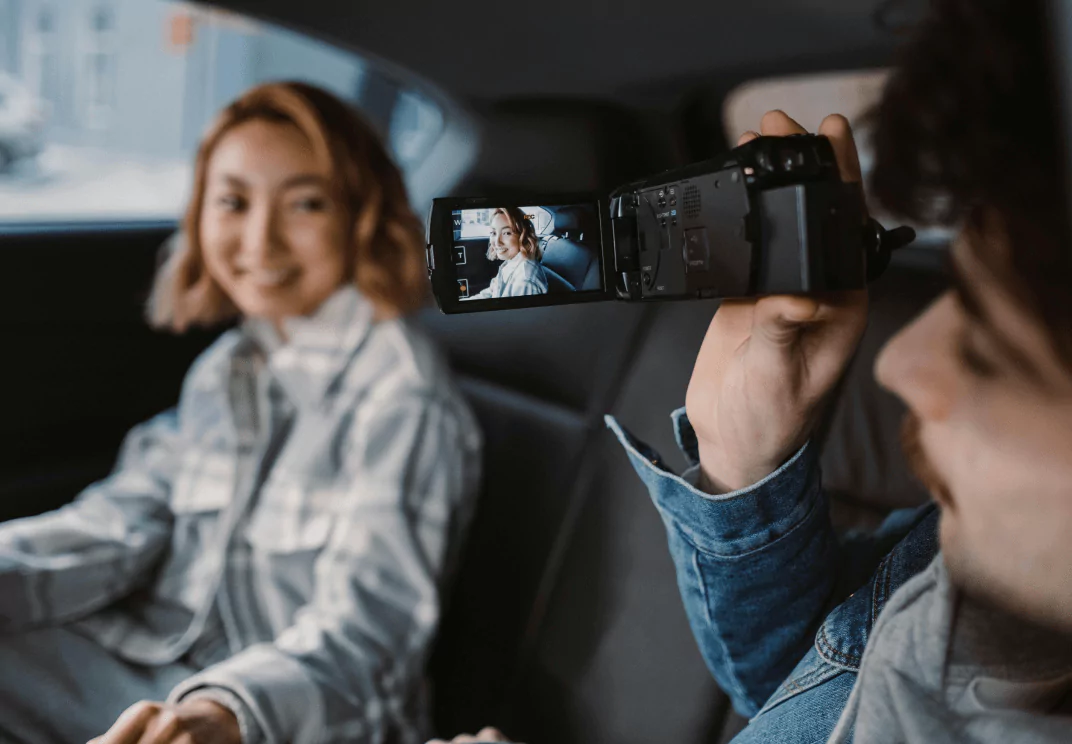
Trying to launch a whole new content strategy can feel like adding another job to your already packed schedule. But this doesn’t have to be complicated.
The trick is to start small, stay consistent, and make it easy for your guides to take part without it feeling like “extra work.” Here’s how to do that step by step:
1. Pick One Guide to Start
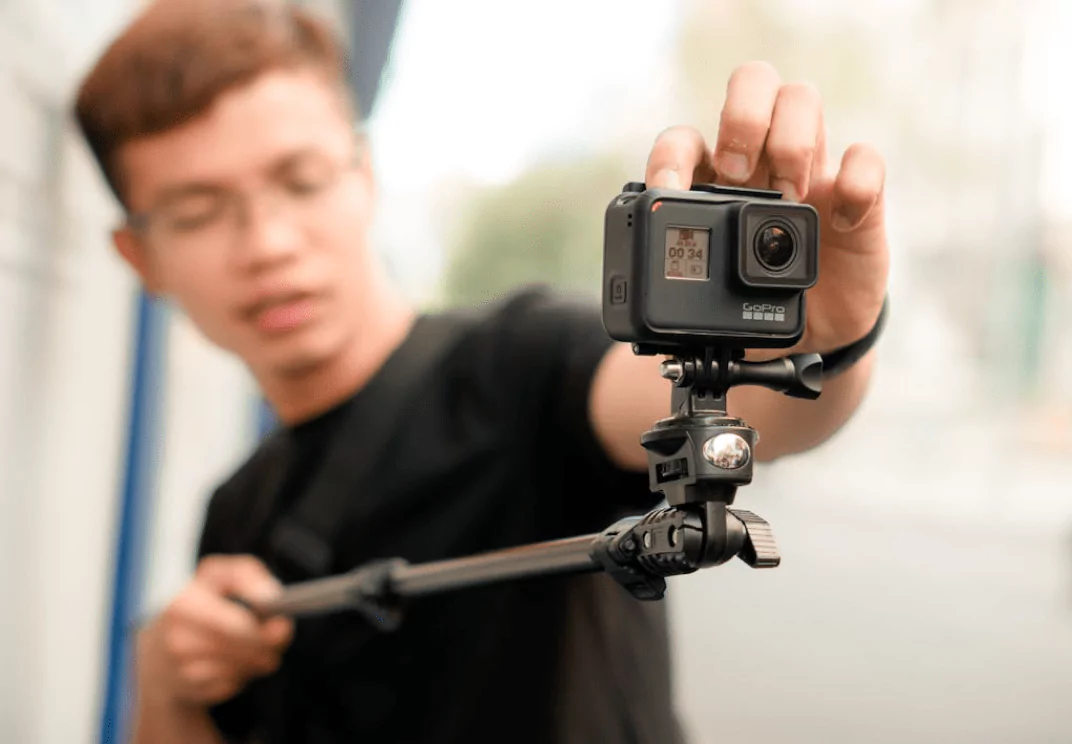
Look at your current team and choose one guide who’s naturally outgoing, comfortable talking to people, and already enjoys being social. You’re not looking for someone who knows how to use Instagram filters or edit video. You’re looking for someone who’s confident, loves what they do, and has good energy. That personality will shine through in the content, and that’s what makes it work.
If none of your guides are eager to be on camera, that’s okay too. You can ease them in by starting with audio clips, photos, or simple quotes. Just pick someone willing to try.
2. Choose One Type of Content
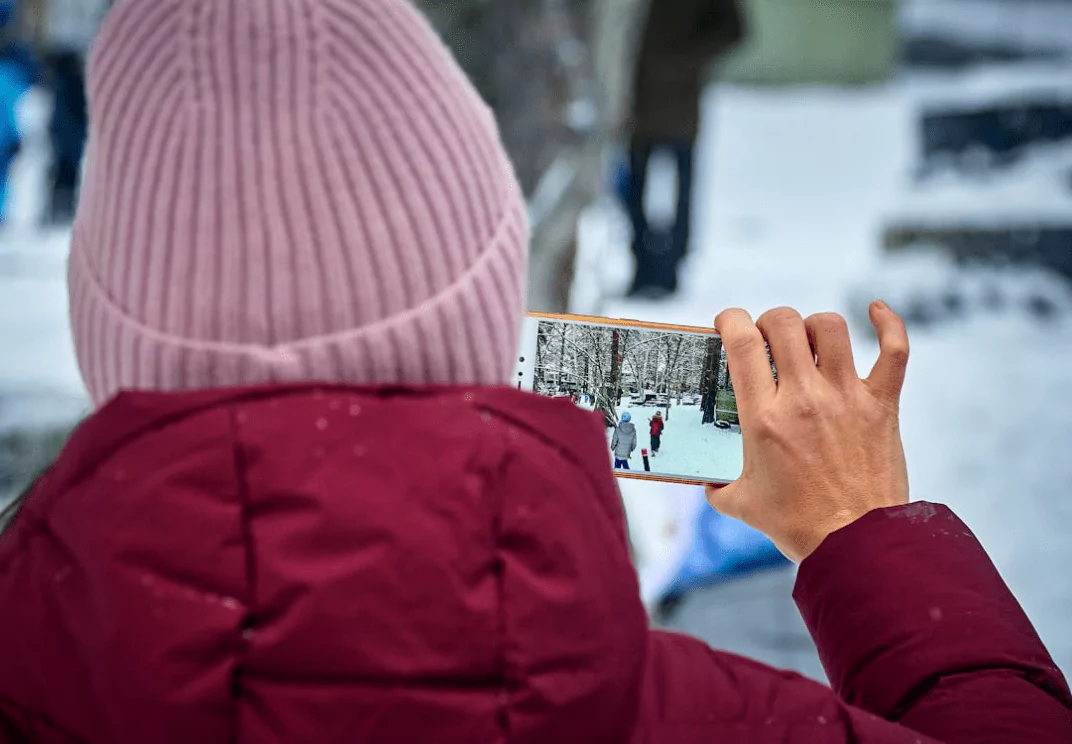
It’s tempting to try a bit of everything, but that leads to burnout. Instead, pick one content type that fits your guide’s personality and your audience’s needs. Here are three easy options to choose from:
- A weekly short video (30 to 60 seconds) where the guide shares a quick tip or fun fact
- A daily photo with a short caption that shows something interesting from that day’s tour
- A quick Q&A format answering one common guest question each week
Pick just one to focus on. Once that feels easy, you can explore more.
3. Give Them a Simple Structure
Your guide needs direction. If you just say “
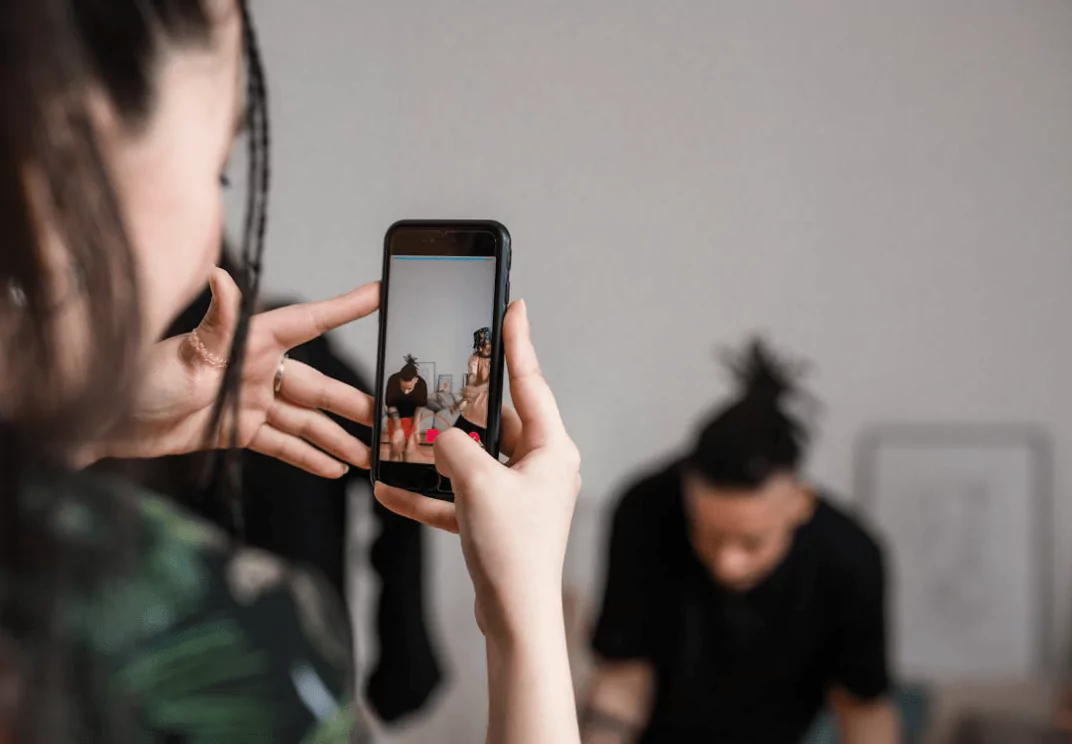
Your guide needs direction. If you just say “make content,” they’ll freeze. Give them 2 to 3 specific prompts each week to guide them. For example:
- “Show one thing most guests don’t see”
- “Share a tip every traveler should know before they arrive”
- “Tell us something funny that happened today”
Structure helps them create without overthinking, and it keeps the content on brand without micromanaging.
4. Make the Process Easy

The easier it is to contribute, the more likely your guide will stick with it. Here are a few ways to keep things simple:
- Use what they already have (usually their phone)
- Set up a shared Google Drive or Dropbox folder for uploads
- If you use a tool like Later or Buffer, you can handle the posting for them
- Offer to do light editing or provide basic guidelines on what to say and how long the video should be
This way, your guide focuses only on capturing the moment, not on editing, uploading, or writing hashtags.
5. Recognize and Celebrate Early Wins
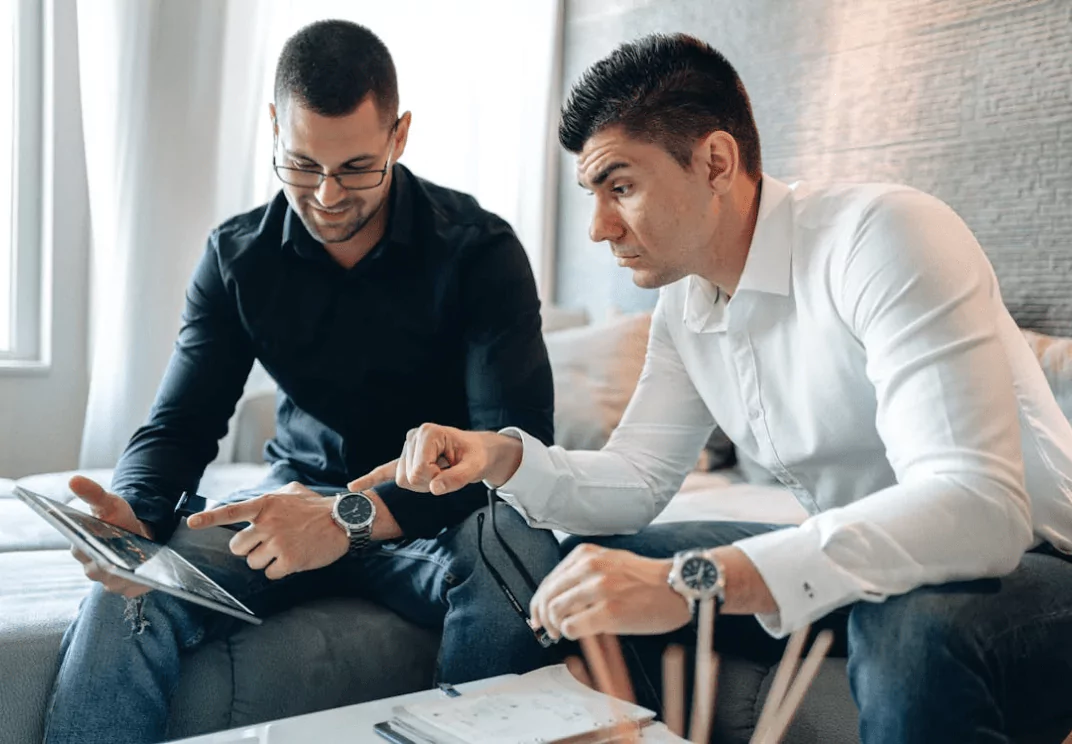
When your guide creates their first video or post, let them know it matters. Share positive feedback. Show them if people are liking, commenting, or engaging with their content. That recognition goes a long way.
Over time, this creates a culture where guides see content as part of the experience, not just something extra. When one guide gets the hang of it, others are more likely to join in.
What to Watch Out For
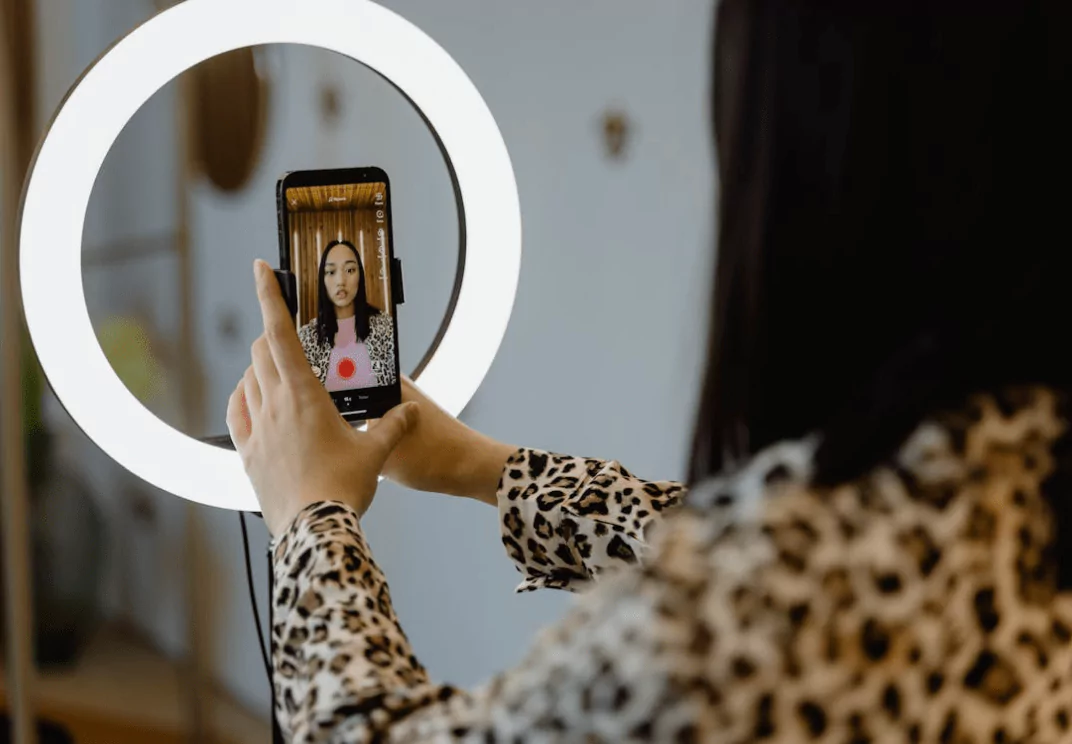
Turning your tour guides into content creators can be a powerful strategy, but it’s not without its challenges. The good news is, most of these can be avoided with a little planning. Here’s what to keep an eye on:
1. Lack of Clear Guidelines
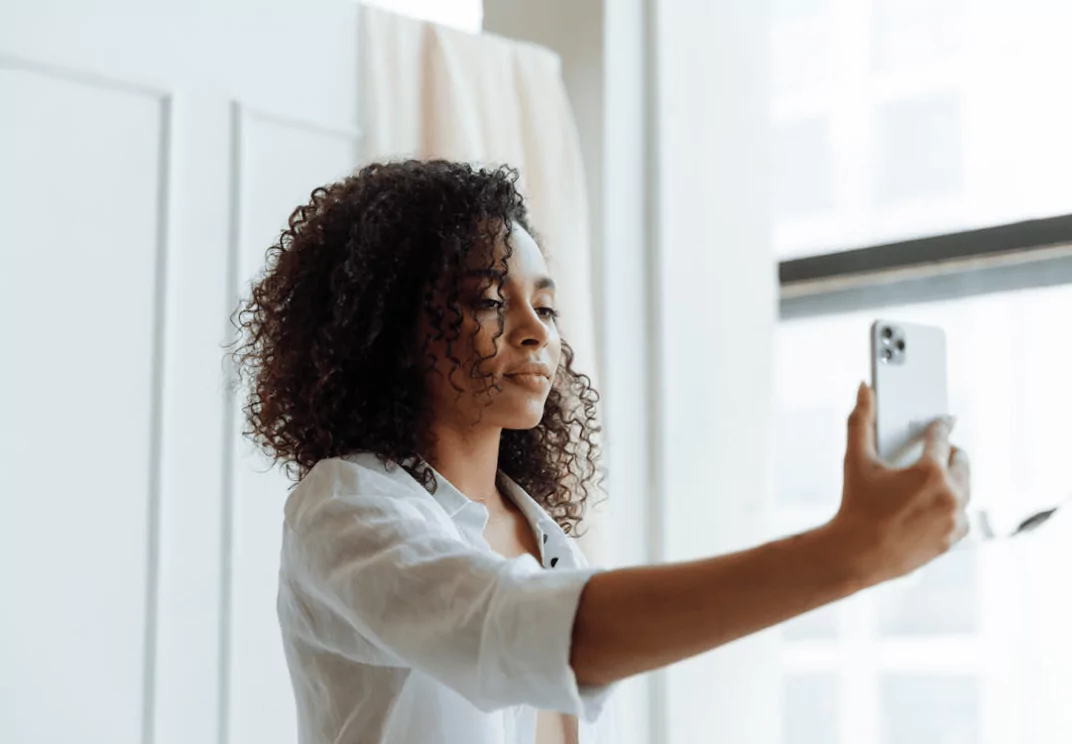
If you don’t give any direction, the content can end up feeling random, off-brand, or inconsistent. Guides may not know what’s okay to say or show.
To avoid this, create a simple content guide. It can be just one page outlining what kind of language to use, what not to mention, and what type of content reflects your brand. This helps your guide feel confident and gives you peace of mind.
2. Overloading Your Team

If you make content feel like another task added to their already full plates, your guides will burn out quickly.
Start small and build slowly. Make it optional at first, and offer support. You might even set aside a few minutes during slow times to record content together. The goal is to make it feel natural, not forced.
3. Not Reviewing Before Posting

Letting guides post directly to your company’s accounts without review can be risky, especially in the early days.
It’s better to have a simple process where they upload content to a shared folder, then you or a manager gives it a quick look before it goes live. This helps avoid issues and ensures the quality stays consistent.
4. Inconsistent Output

Momentum matters. If content only gets posted once in a while, it’s harder to build an audience or see results.
Set a realistic schedule, like one video or post per week, and stick to it. It’s better to be consistent with a small amount than to post a bunch and then go silent.
5. Over-Editing the Personality Out of It

One of the biggest advantages of having your guides create content is that it feels real and personal. If you try to script everything or polish it too much, it can lose that charm. Trust your guide’s personality and voice. Give light direction, but let them be themselves.
Keeping an eye on these common pitfalls will help you avoid stress and set your team up for success. With the right balance of structure and freedom, your guides can create content that feels human, builds trust, and supports your bookings.
Conclusion
Your guides are already doing the hard part. They’re earning trust, telling stories, and creating memorable experiences every day. So why not let that same energy work for you online?
This is about capturing what they’re already great at and turning it into content that connects with future guests. Content that builds trust, shows personality, and answers questions in a way that polished ads can’t.
You don’t need big budgets or a social media agency to make this work. You just need to start. One guide. One video. One real moment that helps someone feel confident enough to book.
This is the growth hack no one talks about. And it’s sitting right in front of you, wearing a tour guide uniform.


